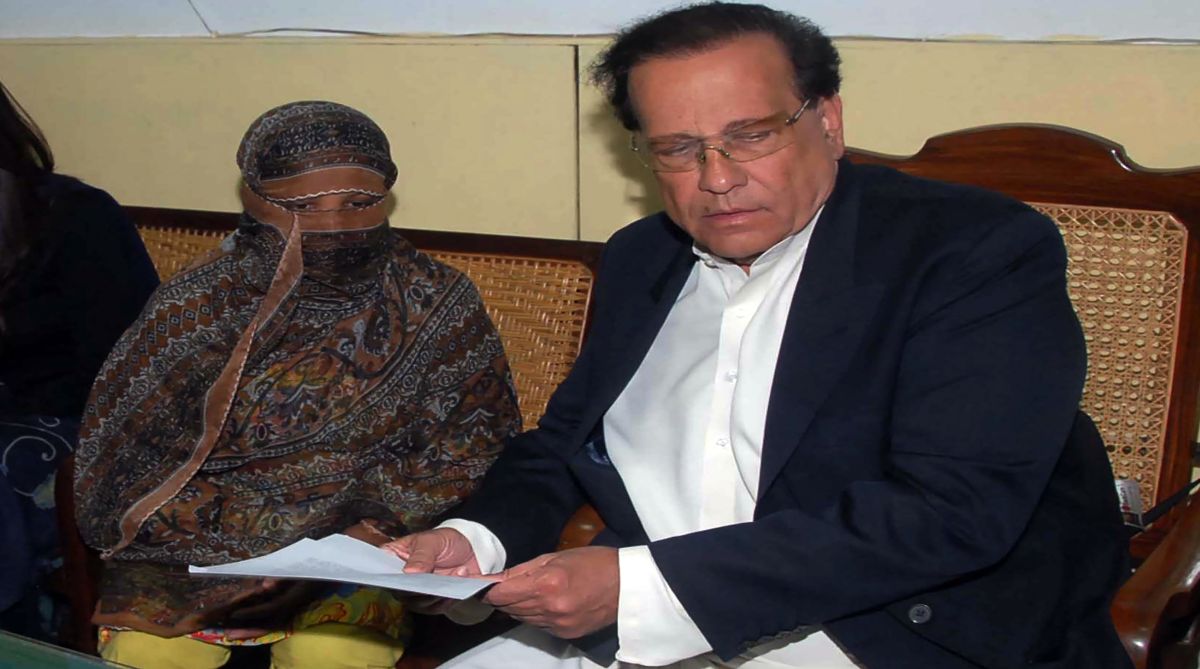Pak govt to import sugar at PKR 220 per kg to address looming crisis
The Pakistan government has chosen to import 1 million metric tonnes of sugar to replenish the country’s reduced supply after…
The government led by Prime Minister Imran Khan decided on Thursday to engage in talks with the TLP, a day after urging the radicals not to go against the state.

Pakistan's Supreme Court on October 31, 2018 overturned the conviction of Asia Bibi, a Christian mother facing execution for blasphemy, in a landmark case which has incited deadly violence and reached as far as the Vatican. (File photo)
The leader of the protests against the acquittal of Asia Bibi, a Christian woman, on blasphemy charges urged his followers on Friday to go on strike as negotiations with the Pakistan government to end the demonstrations failed.
Cleric Khadim Hussain Rizvi of the radical Islamist Tehreek-e-Labbaik Pakistan (TLP) party — which supports strong blasphemy laws and had earlier, threatened the judges with dire consequences if Asia Bibi was acquitted — said talks with the government had failed, Efe news reported.
Advertisement
It said the government and the country’s main intelligence agency had threatened to open fire on them. “All the lovers of the Prophet and Ahle Sunnat public should gear up to embrace martyrdom for the honour of the Prophet,” Rizvi said on Twitter.
Advertisement
The Supreme Court ruling on Wednesday set off violent protests and sit-ins by hardliners. The government led by Prime Minister Imran Khan decided on Thursday to engage in talks with the TLP, a day after urging the radicals not to go against the state.
Army spokesperson Asif Ghafoor, in an interview with state broadcaster PTV, urged the protesters not to defy the law.
“It is a legal matter and it will be better if the law is allowed to run its course on the matter,” Ghafoor said.
Pakistan on Friday faced another day of protests with several roads cut-off throughout the country, most educational institutions closed, and mobile services suspended.
Thousands of TLP members continued to protest on the streets.
Asia Bibi, a mother of five, was accused by two women of insulting Prophet Muhammad in 2009 and a court sentenced her to death in 2010, with the verdict being upheld four years later by the Lahore High Court.
The anti-blasphemy law was introduced in British colonial times to avoid religious clashes, but in the 1980s several reforms promoted by the dictator Zia-ul-Haq led to the abuse of the law.
Since then, there have been around 1,000 accusations of blasphemy, a crime that in Pakistan can lead to capital punishment, although nobody has ever been executed for it.
Advertisement